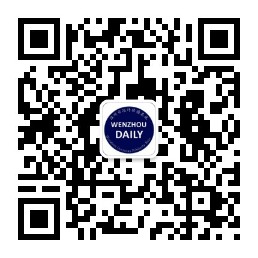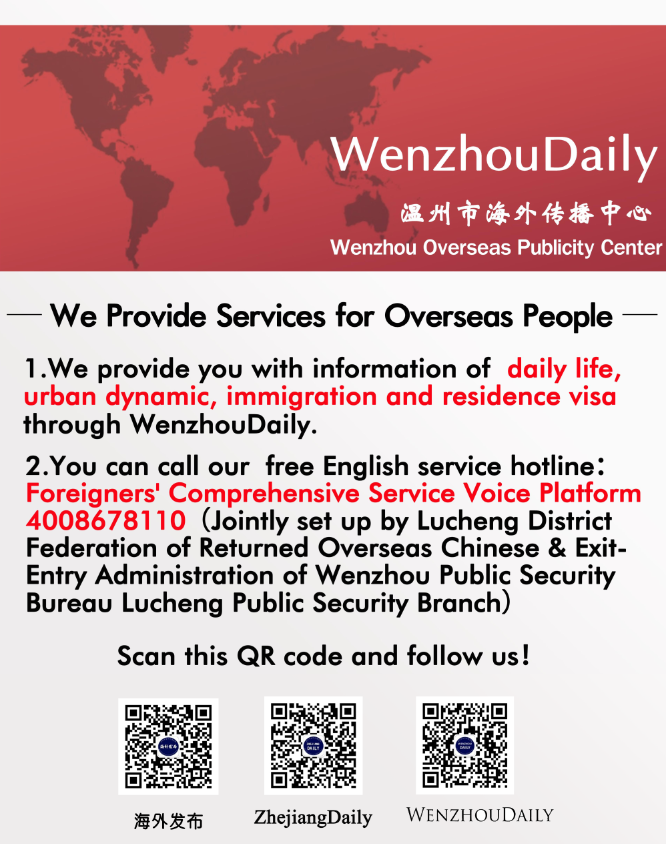



On the morning of December 29, the Zhejiang Provincial Government Information Office held the 59th press conference on the COVID-19 prevention and control in Zhejiang Province. The leaders answered reporters' questions why Zhejiang decides to implement the "14+7+7" health management measures for border-entry people.
Question: The COVID-19 prevention and control has been normalized. Why does Zhejiang add another 7-days home health observation for border-entry people between 14-day centralized medical observation and 7-day health surveillance? Why does Zhejiang government assign "Yellow Health Code" to the ones under home health observation?
Answer: The implementation of "14+7+7" health management measures for border-entry people is due to the complexity of the pandemic, people's awareness of the virus and its epidemic law is constantly deepening. So the prevention and control measures must be adapted to the changes of the time and continuously improve.
The 14-day centralized isolation medical observation has covered the incubation period of most cases, but as time goes by, especially with the advent of winter, confirmed cases and asymptomatic infections with an incubation period of more than 20 days often occur.
In the recent period, sporadic cases have appeared in many places in China, some of which are difficult to trace, putting greater pressure on the COVID-19 prevention and control; the transmission of the pandemic abroad is still accelerating, and some new situations have emerged, requiring further strengthening of precise prevention and control and closed-loop control.
The addition of 7-day home health management is aimed at uderlying risks and all the people are treated equally. Although it may cause inconvenience to border-entry people, it is a comprehensive consideration from the perspective of maintaining public safety.
Compared with centralized isolation medical observation, there is no absolute prohibition from going out on home health observation personnel. For example, if you need to go to the hospital or encounter an emergency that must go out, after explaining the situation to your community or unit, you are still allowed to go out for a short time in a point-to-point way. Therefore, different from the“Red Health Code”assigned to the centralized isolation medical observation personnel, and the“Yellow Health Code”is given to the home health observation personnel. The control measures are adjusted from the flow prohibition to the flow restriction. However, when home health observation personnel are allowed to go out, they must wear masks strictly. Those who go out without authorization and fail to fulfill self-protection requirements, causing serious consequences, will be investigated for legal responsibility according to law.
We hope everyone will work together, including reminding each other between relatives and friends. Even if the probability of occurrence is little, we will never relax our vigilance, and strive to minimize the hidden dangers of the spread of the pandemic by improving prevention and control measures.
Question: Now there are sporadic cases in many places in China, which makes people feel that the risk of spreading of the pandemic in winter has increased significantly. What measures should be taken in terms of personal protection?
Answer: The COVID-19 has strong cold resistance, which means that under low temperature conditions in winter and spring, it will significantly increase the risk of virus transmission. According to the analysis of relevant experts, the current infectiousness of the COVID-19 has not weakened, nor has its pathogenicity weakened. The situation of COVID-19 prevention and control in winter and spring remains severe. Therefore, personal protection is extremely important.
Regulating the wearing of masks is the primary link in personal prevention and control. In addition to workers in specific industries and fields such as medical and health care, cold chain food, public transportation, public service places, etc., must wear masks, Zhejiang also explicitly requires that people who go to medical institutions for treatment, visits, escorts; who develop suspicious symptoms such as fevers, coughs, etc., who enter schools and nursing homes, welfare homes and other institutions; who enter shopping malls, supermarkets, hotels and other places; who enter banks, exhibition halls, libraries, museums and various office halls; who enter enter confined places such as pharmacies, barber shops, beauty salons, theaters, amusement halls and Internet cafes, and who enter poorly ventilated places such as elevators or ticket offices of tourist attractions, should wear masks. At the same time, it is recommended to wear masks for the elderly and infirm, patients with chronic diseases when they go to the outdoor crowded public places as parks, night markets, or the indoor public places where there are no people gathering but the space is closed.
Since the COVID-19 can spread through multiple channels, Zhejiang also regulates other personal protective measures.
1. Prepare masks, disinfecte wet wipes, etc. when going out, and take personal protection when taking public transportation.
2. Keep a safe social distance with others in public places, and try to use non-contact methods such as online ticket purchase and QR code payment as much as possible.
3. Pay attention to hand hygiene. After touching public places in public places, make sure to wash hands with hand sanitizer or soap and running water immediately when going back home; avoid touching mouth, eyes, and nose with unclean hands.
4. Avoid peak passenger flow when planning to go to public service places, choose venues with good ventilation, sanitation and clean environment as much as possible, and use escalators first.
5. When buying frozen foods, avoid direct contact with your hands. Wash your hands and disinfect them immediately after touching frozen foods. Make independent closed packaging before storing such items.
6. After entering hotels, guesthouses, restaurants and other places, promptly open windows and ventilate; promote separate-dining system and the use of public chopsticks and spoons to prevent cross infection.
Zhejiang has been close to 200 days without new local confirmed cases. People’s awareness of protection has faded to varying degrees, but it must be seen that the pandemic is far from over, and the prevention and control work is still uncertain. Especially as New Year's Day and the Spring Festival are approaching, we must pay more attention to the prevention and control during the holidays, and we encourage everyone not to travel for vacation, because the probability of latent spreading of the COVID-19 is very high under the low temperature conditions in winter. We hope that everyone will continue to do a good job of personal protection, and normalize the COVID-19 prevention and control.
The article is sourced from WeChat Official Account "Zhejiang Release"



